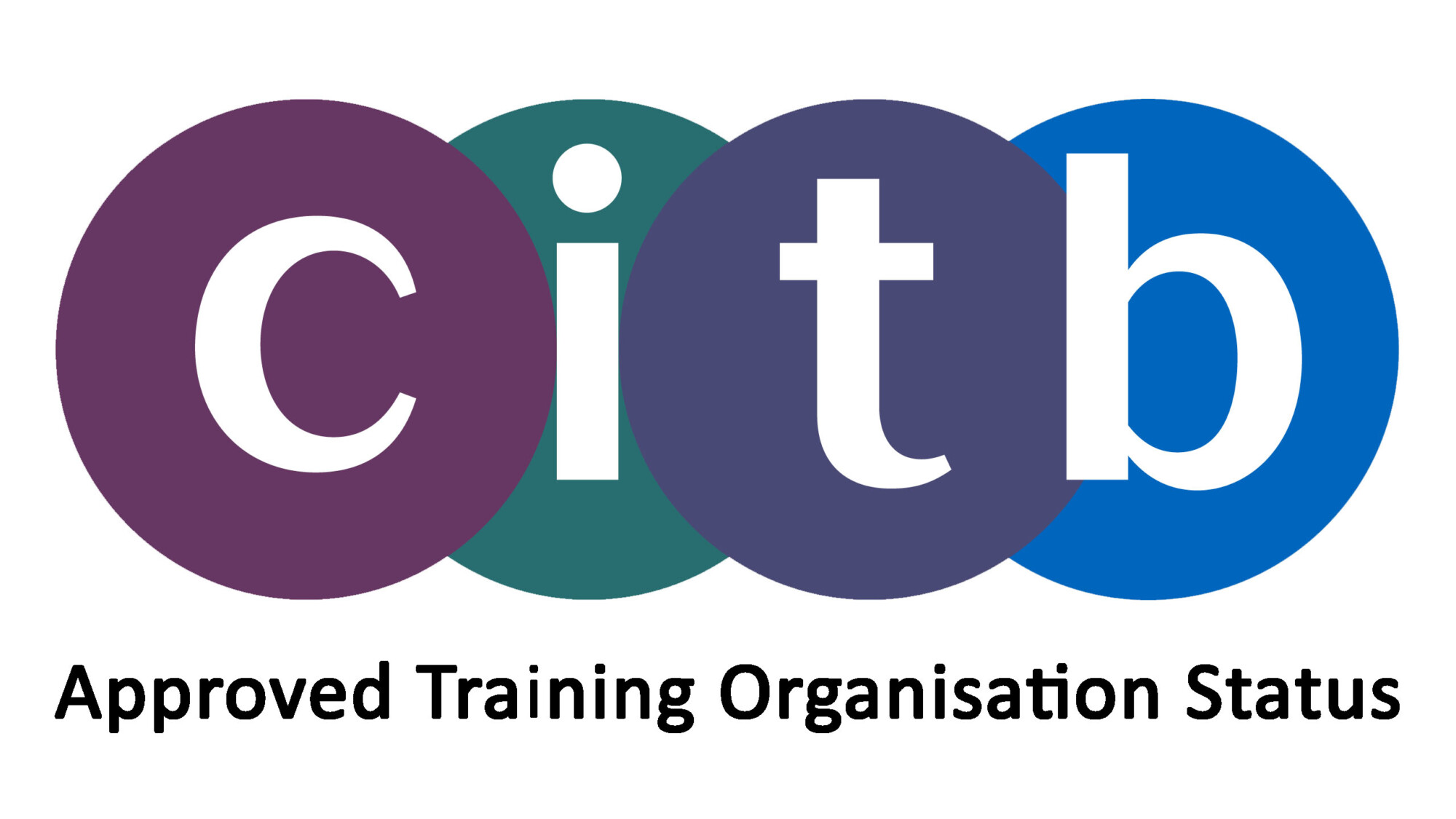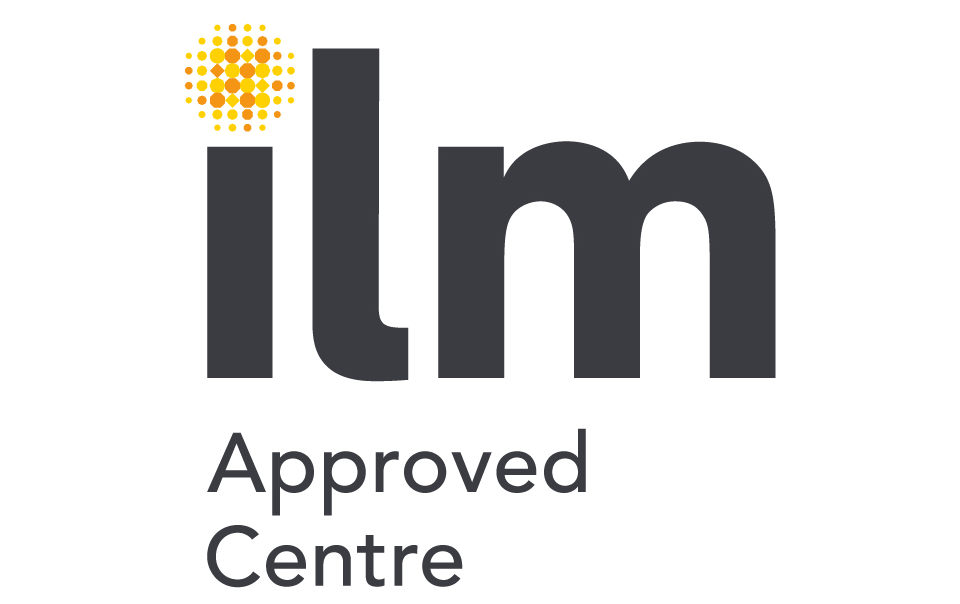How do I Make Learning Sustainable?
In today’s rapidly changing environment, the concept of sustainable learning is crucial for both individuals and organisations. At Keystone Training Ltd, we champion the idea of learning as a continuous journey, not just a one-off event.
Defining Sustainable Learning
Sustainable learning focuses on fostering long-term habits, skills, and knowledge that remain relevant over an entire career. It involves a blend of learning styles and platforms, designed to be effective now and adaptable for the future.
Lifelong development is vital in a world where technological advances can quickly make skills outdated. The capacity to continuously learn, unlearn, and relearn is essential, benefiting not only the individual by keeping them relevant but also providing organisations with a resilient and adaptable workforce.
For organisations and businesses, investing in sustainable learning cultivates a culture of constant improvement. This approach enhances professional and personal growth, leading to higher job satisfaction, better employee retention, and overall organisational success.
Next, we’ll explore strategies for implementing sustainable learning, the role of technology in this approach, and how to measure its impact, highlighting the journey towards making learning a lifelong, sustainable process for individuals and organisations alike.
The Significance of Sustainable Learning
Sustainable learning is crucial in today’s business environment, underpinning the success of organisations aiming to innovate and lead. It fosters a continuous learning culture, essential for long-term learning impact.
Boosting Employee Retention
Investing in sustainable learning signals to employees their growth is valued, enhancing loyalty and reducing staff turnover. A continuous learning culture shows a commitment to their development, encouraging them to stay longer with the company.
Skill Development
Ongoing skill development through sustainable learning keeps employees abreast of industry changes. This approach ensures the workforce remains competitive and capable of adapting to new technologies and methodologies.
Encouraging Adaptability
A culture of continuous learning promotes adaptability, crucial for navigating today’s dynamic business landscape. It prepares organisations to quickly respond to new challenges and opportunities, maintaining resilience.
In essence, sustainable learning is vital for building a skilled, adaptable, and committed workforce. It lays the groundwork for innovation and market leadership by prioritising continuous learning and long-term learning impact. The following sections will explore strategies for implementing sustainable learning, the role of technology, and measuring its benefits to both individuals and organisations.
Creating a Learning Culture
Fostering a culture of continuous learning within an organisation is pivotal for sustainable growth and innovation.
Here are strategies to encourage employees to embrace lifelong development:
Leadership Commitment
Leaders should visibly support and engage in learning activities, setting a clear example for the organisation. Their involvement demonstrates learning’s value and inspires others to follow suit.
Personalised Learning Paths
Create personalised learning paths that align with employees’ career goals and the organisation’s objectives. This approach makes learning relevant and engaging, increasing participation.
Encouraging Knowledge Sharing
Promote an environment where sharing knowledge is encouraged and rewarded. Establish platforms or regular meetings where employees can exchange insights and learn from each other’s experiences.
Providing Access to Learning Resources
Ensure employees have easy access to a variety of learning resources, such as online courses, workshops, and seminars. A diverse range of materials caters to different learning styles and preferences.
Recognising and Rewarding Learning
Implement a system to recognise and reward learning achievements. Acknowledgement can be as formal as promotions or as simple as public recognition, motivating others to engage in continuous learning.
Integrating Learning into Daily Work
Make learning a part of everyday work by encouraging employees to set aside time for it and integrating learning goals into performance reviews. This normalises the practice of continuous skill development.
Creating a learning culture requires commitment and strategic action from all levels of a business or organisation. By implementing these strategies, you can encourage lifelong development, ensuring our workforce remains skilled, adaptable, and motivated.
Strategies for Sustainable Learning
To promote sustainable learning within the workplace, a multifaceted approach that incorporates various strategies and initiatives is essential.
Here are key examples:
Mentorship Programmes
Mentorship programmes pair less experienced employees with more seasoned colleagues, facilitating a transfer of knowledge and skills. These relationships not only accelerate learning but also strengthen organisational culture and employee engagement.
Knowledge-Sharing Platforms
Implementing knowledge-sharing platforms, such as internal wikis or forums, encourages employees to contribute and access collective wisdom. These platforms serve as dynamic repositories of organisational knowledge, promoting a culture of collaboration and continuous learning.
Ongoing Training Opportunities
Providing ongoing training opportunities, through workshops, seminars, and online courses, ensures employees have access to the latest industry knowledge and practices. Tailoring these opportunities to individual learning styles and career paths increases their effectiveness and relevance.
Cross-Functional Projects
Involving employees in cross-functional projects exposes them to different areas of the business, broadening their skill sets and understanding of the organisation. This exposure fosters a holistic view of the company and encourages adaptability and problem-solving skills.
Feedback Loops
Establishing feedback loops, where employees can share their learning experiences and offer suggestions for improvement, helps to refine and evolve learning initiatives. This continuous feedback ensures learning programmes remain responsive to employees’ needs and organisational goals.
By integrating these strategies, organisations can create an environment that supports sustainable learning, ensuring their workforce is well-equipped to adapt to and thrive in an ever-changing business landscape.
Digital Learning and E-Learning
Technology plays a pivotal role in enabling sustainable learning, offering flexibility and accessibility that traditional methods often lack. E-learning platforms and digital resources are at the forefront of this transformation, facilitating long-term skill development in several key ways.
Accessibility
Digital learning platforms provide learners with the ability to access materials anytime and anywhere, breaking down geographical and time barriers. This level of accessibility ensures that learning can be seamlessly integrated into daily routines, making continuous education more feasible for everyone.
Customisation
Online learning allows for a personalised learning experience, where content can be tailored to match the learner’s pace, interests, and developmental needs. This customisation increases engagement and effectiveness, as learners are more likely to interact with materials that resonate with their personal learning goals.
Wide Range of Resources
The digital realm offers an extensive array of learning resources, from online courses and webinars to interactive simulations and podcasts. This diversity caters to different learning styles and preferences, enriching the learning experience and catering to a broad spectrum of skills and topics.
Cost-Effectiveness
Digital learning often presents a more cost-effective solution compared to traditional learning methods. By reducing the need for physical materials, travel, and venue costs, e-learning platforms make continuous education more accessible from a financial standpoint.
Continuous Update
E-learning content can be updated rapidly to reflect the latest trends, technologies, and industry practices. This ensures learners have access to current information, keeping their skills relevant in a fast-paced world.
In summary, digital learning and e-learning platforms are essential in promoting sustainable learning, offering accessible, customisable, and up-to-date resources for continuous skill development.
Measuring Long-term Learning Impact
Assessing the long-term impact of sustainable learning initiatives is crucial for understanding their effectiveness and guiding future improvements.
Several key performance indicators (KPIs) and evaluation methods can be employed to achieve this.
Employee Retention Rates
One of the most telling indicators of the success of learning initiatives is an improvement in employee retention rates. A positive shift suggests that the programmes are meeting the needs of employees, contributing to their satisfaction and loyalty.
Skill Advancement Levels
Assessing skill advancement through regular assessments or performance reviews provides insight into the practical impact of learning programmes. Tracking progression in specific competencies over time indicates the effectiveness of the training provided.
Engagement Metrics
Engagement with learning platforms and resources can be a valuable indicator of how well these initiatives are being received. Metrics such as course completion rates, active users, and time spent on learning activities reflect the level of employee engagement and commitment to development.
Feedback and Surveys
Regular feedback and surveys from participants offer qualitative insights into the perceived value and areas for improvement of learning initiatives. This feedback can highlight successes and identify aspects that may require adjustment.
Business Performance Indicators
Ultimately, the impact of sustainable learning should be reflected in overall business performance. Indicators such as productivity levels, quality of work, innovation rates, and financial performance can all signal the long-term effectiveness of learning and development efforts.
By systematically measuring these KPIs, organisations can gauge the success of their sustainable learning initiatives, ensuring they contribute to individual growth, organisational development, and business success.
Overcoming Challenges
There are several common challenges businesses must overcome in making learning sustainable, including engagement, resource allocation, and demonstrating ROI.
Here are solutions and best practices to overcome these hurdles:
Boosting Engagement
To increase engagement, tailor learning initiatives to the individual’s career aspirations and learning styles. Use gamification and interactive content to make learning more engaging and enjoyable.
Efficient Resource Allocation
Maximise resources by leveraging cost-effective digital learning platforms and open-source materials. Foster a culture of knowledge sharing to capitalise on internal expertise without incurring additional costs.
Demonstrating ROI
Quantify the impact of learning initiatives by setting clear, measurable objectives linked to business outcomes. Use a mix of qualitative feedback and quantitative data to assess and communicate the value of learning to stakeholders.
By addressing these challenges with strategic planning and innovative approaches, organisations can enhance the sustainability of their learning initiatives, fostering a culture of continuous improvement and long-term growth.
Leadership’s Role
Leadership plays a pivotal role in promoting sustainable learning. Leaders must lead by example, actively engaging in learning initiatives themselves. This sets a powerful precedent, showing employees that development is valued at all levels of the organisation.
Leaders should also actively encourage and facilitate employee development by providing access to learning resources, allocating time for learning within the working schedule, and recognising achievements in learning. Offering constructive feedback and career development conversations can further motivate employees to embrace lifelong development.
By embodying a commitment to continuous improvement and fostering an environment where learning is encouraged and supported, leaders can significantly influence the establishment of a culture of sustainable learning within their organisations.
Diversity and Inclusion
Diversity and inclusion are vital for enriching sustainable learning initiatives. They ensure a variety of perspectives are represented, fostering a more innovative and comprehensive learning culture.
By incorporating diverse viewpoints, learning materials become more relevant and engaging to a broader audience, enhancing understanding and empathy across the organisation. Leaders should prioritise creating an inclusive environment where all employees feel valued and empowered to share their insights. This approach not only improves the quality of learning outcomes but also supports a more collaborative and respectful workplace culture.
Embracing diversity and inclusion in learning initiatives thus strengthens the organisation’s ability to adapt and thrive in a constantly evolving business landscape.
Conclusion
Creating a culture of sustainable learning is paramount for businesses and organisations aiming to grow. By embracing leadership commitment, fostering diversity and inclusion, utilising digital learning platforms, and measuring long-term impact, organisations can ensure their learning initiatives remain relevant and effective.
We specialise in crafting sustainable learning solutions that cater to these needs, supporting organisations in developing a resilient and adaptable workforce.
Explore our range of courses and expertise to enhance your sustainable learning strategy within your business. Whether you’re looking to implement new initiatives or enhance existing programmes, our experts are ready to assist.
Reach out for a consultation to discuss your specific sustainable learning needs and discover how we can help you build a culture of continuous improvement and long-term growth.


